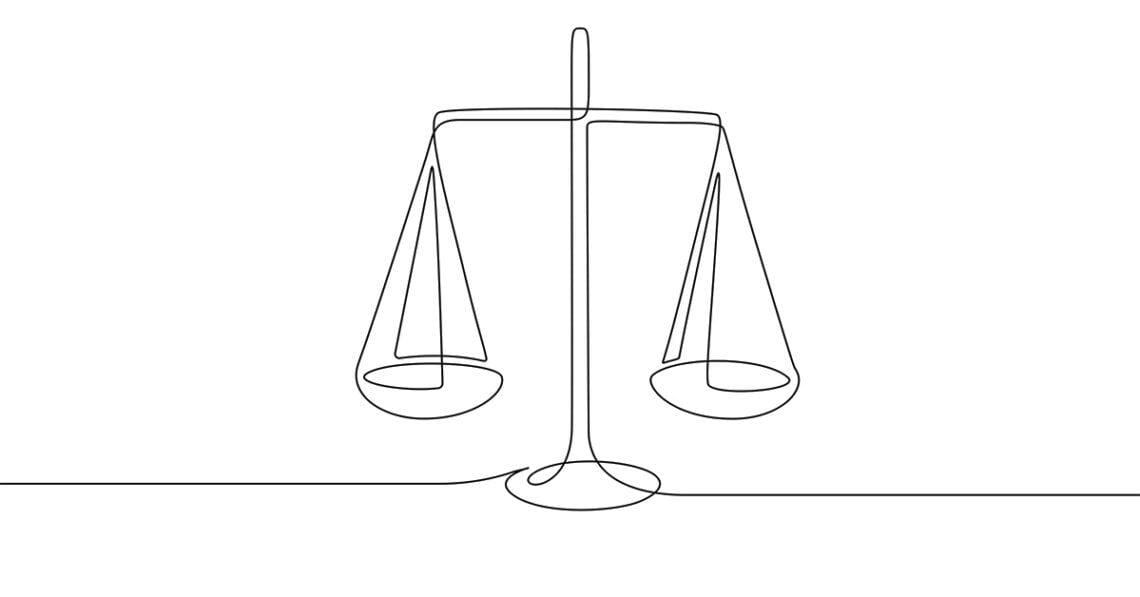A company’s code of ethics serves as a roadmap to guide every member of the organization on doing their jobs with honesty and integrity. And while there’s no one-size-fits-all solution, Ethico’s Giovanni Gallo shares must-have elements of a well-crafted code.
An effective code of ethics lays out the values and mission of a business, it tells team members how to approach challenges, and it explains the ethical principles that serve as the organization’s foundational values. To be sure, this is a big job, often done by a relatively small document.
That’s why it’s important to ensure the right information is included in a way that everyone on the team can get behind.
Start with a message by the founder or CEO
For your ethics code to be embraced by people at all levels of the organization, it’s critical to set the example from the top. Start your code with a clear message from the founder or the CEO. This message should shine the spotlight on the importance of ethical behavior. It should also detail what makes ethics an important element of business and how employees and senior leaders alike must prioritize it for every decision they make.
Explain key company values
Your company’s values and ethical standards must form the core of your code of ethics because they guide the way your cultural tone and ethical standards take shape. Include guiding principles such as honesty, integrity, respect, fairness, accountability, responsibility, diversity and inclusion, and more. Use each of these values as a section header. Under each header, define each value within the context of your company’s mission and vision, and go into detail about how your employees can apply each one of these values to maintain ethical behavior at work.
How to Lose a Sterling Reputation in 3 Years: The Story of the ‘Lying Kangaroo’
Once a beloved cultural icon, Qantas has a long journey back into the hearts of the Australian public
Read moreDetailsOutline the scope and purpose of the code
For your people to put their best ethical foot forward, they must first know to whom and when your code applies. Start this section with why the code was created and reiterate the importance of ethics in your organization. Specify who must follow this policy — from employees to temporary workers to contractors and vendors, and everyone in between. Include when and where these rules must be applied. Are these rules applicable only in the workplace or must they be applied whenever an employee represents your organization (trade shows, conferences, meetings, etc.)?
Discuss the relationship between ethics and compliance
The main purpose of your code of ethic is to stress the importance of ethics and compliance. Discuss how it’s vital for everyone within the organization to have a clear understanding of laws, regulations and company policies that apply to their specific job roles and actions. Your code must also discuss the relationship between ethics and compliance. It should help your employees understand that adhering to regulatory guidelines comes first, even if a decision (or behavior) checks all the ethics boxes in your code. Similarly, a decision that adheres to all the regulations but fails to align with your code must be questioned.
Discuss legal ramifications
Your code should encourage your people to stay on top of the ever-evolving laws and regulations. It must encourage your employees to seek advice from the compliance department if they’re unsure whether a specific decision adheres to the law. Finally, it should talk about the legal, financial and reputational ramifications that can result from ethical lapses.
Address conflicts of interest
Conflicts of interest are inevitable, and your code should explain situations that could come up, depending on your organization, including things like:
- Self-dealing: When a member of the management transacts with another company for their own benefit.
- Gift issuance: When a manager accepts gifts from a client.
- Insider trading: When someone gathers confidential information and takes it outside the company for their personal gain.
Your code should include real-world examples of conflicts of interest alongside the consequences that follow to ensure people understand the scope of their actions.
Reporting & whistleblower protections
Employees are your strongest thread to detecting ethical lapses. Your code should include how employees can alert you should they face or witness any wrongdoings in the workplace. It should also include a gist of how your whistleblower policy works and the steps your organization will take to maintain the anonymity of the reporter. This section can include things such as:
- How to report a complaint (via an ethics hotline, online web form or talking directly to HR)
- The steps you’ll take to ensure maximum confidentiality
- Your company’s approach toward retaliatory practices
Cybersecurity and data privacy
Technology is evolving faster than we can blink our eyes. Your code must educate your team about the cybersecurity and data privacy threats that loom over our technological horizon and how they can make informed decisions to maintain maximum compliance.
Consequences
Your code should also include the course of action should there be any violations. For instance, it’s not enough to say, “DUI is not acceptable.” Your code must also include what action your organization will take if that happens. Remember, disciplinary actions must be fair and specific to the type of wrongdoing that has been committed. For instance, you wouldn’t take the same course of action for harassment as you would for not completing compliance training on time.
The bottom line
A code of ethics acts as a vital organ within the body of an organization. A lack of it can bring forth countless losses, lower employee morale and run the business into compliance troubles. Building an ethical organization doesn’t stop with simply implementing the code. Your leaders must constantly review and improve current policies and procedures and solidify systems that contribute to fostering a strong culture of ethics.




 Giovanni Gallo is co-CEO of
Giovanni Gallo is co-CEO of 






